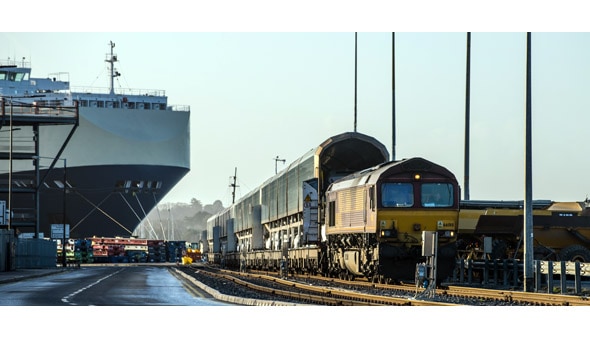The Trade Facilitation and Trade Enforcement Act


On February 24, 2016 President Obama signed the Trade Facilitation and Trade Enforcement Act, which provides changes to the way U.S. Customs and Border Protection (CBP) will approach trade enforcement in the future and establishes priority trade issues to provide the roadmap for trade enforcement moving forward.
This legislation is a major milestone for CBP and the trade community, as it is the first reauthorization for CBP since it was created under the auspices of the Department of Homeland Security in 2003. By authorizing CBP, the Act establishes a modern foundation for the agency’s critical missions to counter terrorism, transnational crime, modernize comprehensive border security, and management and enhance U.S. economic competitiveness by enabling lawful trade.
The Act provides CBP with the necessary tools to prevent the flow of counterfeit goods into the U.S., a critical tool to safeguarding U.S. intellectual property rights and contributing to import safety. The Act formally recognizes CBP’s Centers of Excellence and Expertise (CEE), to modernize, standardize and facilitate trade operations by consolidating certain operations by industry sectors. The Act also requires the agency to create new benefits for certified C-TPAT companies and revise the minimum security criteria to enhance supply chain security. This Act eliminates obstacles to preventing imports made with forced or child labor into the United States which will result in protecting human rights around the world.
The legislation also requires CBP to establish specified priority trade issues and, when necessary eliminate, consolidate, or modify them and establish new priority trade issues.
The priority trade issues shall be:
The Commercial Customs Operation Advisory Committee (COAC) has been fully engaged with CBP and has already made some headway by establishing some key subcommittees to address some of these important issues and starting to define their agendas and timelines. CBP now has a clear vision on trade enforcement issues for the next few years and is working in close concert with the trade community to meet their objectives.
What are your views on the Trade Facilitation and Enforcement Act?